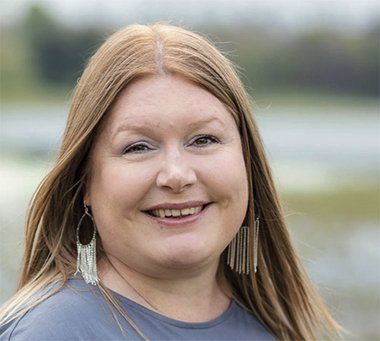Creating a Sense of Belonging and Connection for All of our Learners

We are in the decade of action to work towards achieving the global Sustainable Development Goals (SDGs) as outlined by the United Nations. Diverse Educators is committed to doing the work across our network by connecting our training offer, our events programmes and our vision, mission and values with the global goals to transform our world, together.
We believe:
- in a shared vision and a collective responsibility in working towards the SDGs, together;
- that through meaningful collaborative partnerships across our network and wider education community, we can have a greater impact in addressing societal issues, together;
- that our schools are shaping global citizens and that we are all responsible for the world that we co-create, together.
Togetherness is about finding what we share in common, rather than focusing on what makes us different.
Whilst we believe there is a part for all of us as educators and schools to play in all 17 SDGs, we align our work specifically to 7 of the SDGs as outlined below through our commitments: www.diverseeducators.co.uk/the-sustainable-development-goals
Becoming a global citizen evolves as we develop an understanding of our own identity and an awareness of our own place in the world. By understanding ourselves, we develop connections and a sense of belonging with our own community.
So how do we support our learners in developing self-understanding and self-awareness? And how do we create opportunities for our learners to take control of their own lives?
We need to create space in the curriculum, but to create space to review what we teach and how we teach it, we need to start with creating a space for the educators to reflect, explore and discuss our own identities and share our own lived experiences.
We agree that education is the “the great liberator” that will inspire and empower our learners to be future change-makers. However, in order to liberate the learners, we need to liberate the curriculum, and we can only do that if we liberate ourselves first.
One of our mantras in the #DiverseEd community is “doing the inner work to do the outer work”. We need to understand who we are, what has shaped our attitudes and our behaviours as human beings to understand how they have shaped us as educators. We need to acknowledge that we all have biases that filter how we experience and how we see the world.
As educators our biases play out in the texts we choose to teach, the role models we choose to showcase, the critical theories we choose to engage with. Each choice we make in our long, medium and short- term planning as a teacher is a selection and a filtering process in what we are exposing our learners to.
To fully activate SDG4 we need to have a clear sense of purpose of:
- why we are committed to creating a sense of belonging;
- how we are going to intentionally do this;
- what the desired impact on our learners will be as a result.
It is an explicit process to ensure that all of our learners feel connected to what they are being taught and to what they are learning, and thus feel connected to their community and to the wider world.
As a cisgendered, heterosexual, able-bodied white woman, I had a high sense of belonging in my learning journey as a student, but I become very critical of studying a canon of “dead white guys”. As a result, I chose to read Post-Colonial Literature for my Degree which exposed me to a global canon with a world perspective. My education popped the white bubble I had grown up in North Devon to expose me to diverse lived experiences.
To educate is to nurture hearts and minds. The future of education is to ensure that we diversify our curriculum and our pedagogy to create belonging for all learners. As educators we can transform a learner’s experience of school by ensuring that they have visible role models. As school communities we can shape the next generation of global citizens who will become future change-makers in the world.
Hannah Wilson is Director and Founder of Diverse Educators
www.diverseeducators.co.uk | Follow @DiverseEd2020 #DiverseEd
First published in Engage 23.




